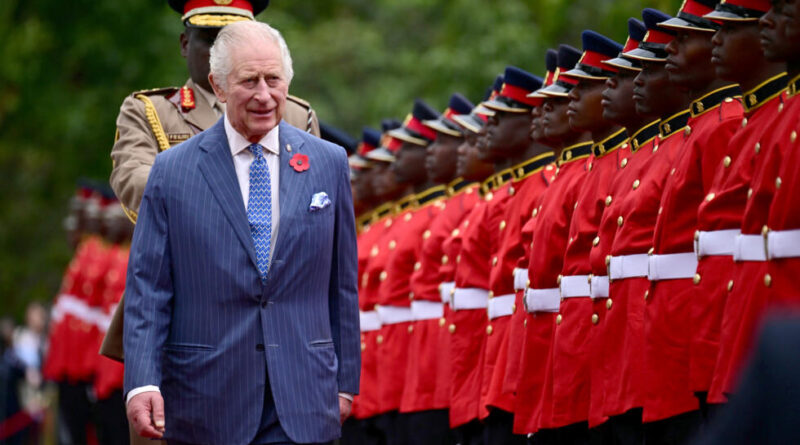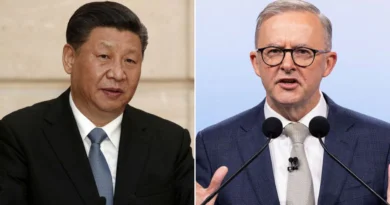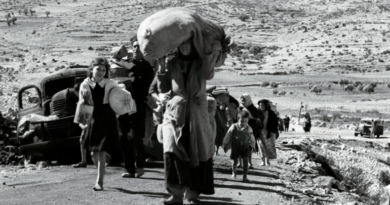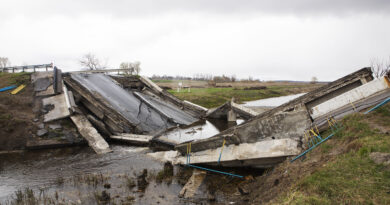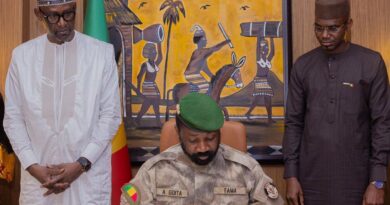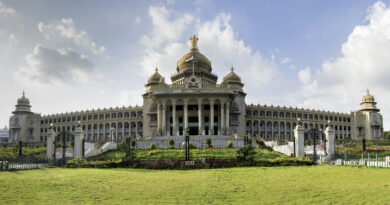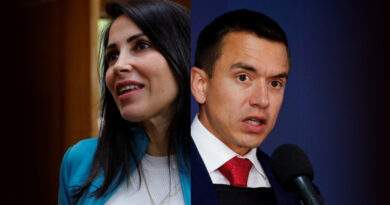Kenya: the Commonwealth's spearhead in Africa
The African continent is vital to the organization, with 21 of its 53 members, and King Charles III knows that Kenya plays a vital role for British interests.
DAVID SOLER CRESPO
Nairobi
"It means a lot to my wife and I that, in the year of our coronation, our first state visit to a Commonwealth country brings us here to Kenya”, King Charles III, Nairobi, 31 October 2023.
Kenya is a special country for the British monarchy. In 1952, it was in Kenya that Queen Elizabeth II learned of the death of her father, George VI, and his accession to the throne. Now, just over a year later, it is the first Commonwealth country visited by her son as king, Charles III. It is not the first time that the now monarch visits Kenya: he already did so as Prince of Wales in 1971, 1977, 1978 and 1987, this last time as director of the former Commonwealth Development Corporation.
King Charles III knows the country and its customs, which is why on the first day he launched into Swahili: “Niaje” (how are you?) he said to the guests at the official banquet. A day later he was encouraged to pay tribute at the symbolic tomb that represents the more than 11.000 Mau Mau warriors who lost their lives to the British colonial forces fighting for the country's independence in the 50s.The bad actions of the past are the cause of the greatest pain and the deepest regret,” he said, and although for some it was a step forward in the restitution of colonialism, for some Kenyans fell short by not directly asking for forgiveness.
It is not trivial that King Charles III has decided to visit Kenya as the first Commonwealth country and is taking care of his steps to pamper the relationship. The East African nation has always shown itself to be a faithful partner to the British Crown and it has protected its leaders, as when it prevented a coup d'état against the country's first president, Jomo Kenyatta, in 1965.
The country is an example of the type of relations that King Charles III wants to have with the rest of the countries of the Commonwealth of Nations: a voluntary alliance, in which it is not necessary for him to be the head of state, Kenya is a republic, but in which it serves as the spearhead of institutional, economic and diplomatic relations with the United Kingdom.
In Kenya, the United Kingdom has permanently had an Army training base with 1964 soldiers in Nanyuki, the center of the country, since 364, as well as training the Kenyan marine forces at their naval base in Mombasa.
Added to this is the economic interest: from this military presence alone, the United Kingdom estimates that it has an economic impact of 36 million euros. Added to this are business activities and bilateral trade. He The United Kingdom is the main European investor: There are over a hundred British companies based in Kenya, worth £XNUMX billion. Among them, tea companies stand out: more than half of the black tea sold in the United Kingdom comes from Kenya, which makes the country the second most exported in the world.
Africa, the leading continent
With his official visit, King Charles III wants to make a gesture to Kenya, but also to Africa, showing that the continent is vital for the development of the Commonwealth. Of the 56 member countries, 21 are African: from democratic nations with historical relations such as Ghana or South Africa to small, isolated dictatorships such as the absolutist monarchy of Eswatini, whose king is capable of changing the name of the country overnight.
The House of Windsor has always been historically vital to the UK's image in Africa. Since the time of independence, Elizabeth II took great care of the image of the Royal Family with trips such as to Ghana, where she did the famous dance with the socialist leader Kwame Nkrumah, or her good relations with Nelson Mandela, establishing a favorable outlook after decolonization. . Recently, the continuous changes of the head of government in the United Kingdom and political instability have made the Crown - the institution that remains over time - a stable and highly reputable interlocutor on the continent.
Now, Africa is more important than ever. While in the Caribbean countries like Barbados have taken the step of becoming a republic in 2021 and after the death of Elizabeth II others like Jamaica or Australia are considering doing the same and even leaving the organization, on the African continent the opposite is true.
It is no longer just the former British colonies that want to join, but also other French-speaking countries that are turning to this association, tired of their relations with their former colonial power. In 1995, Mozambique, a former Portuguese colony, joined the organization and in 2009, Rwanda, a former Belgian colony. In 2022, Togo and Gabon also joined the organization, moving closer to the United Kingdom at a time of loss of French influence with its former colonies. The big question is: Why? What attraction does the Commonwealth have for Africa?
The 'Commonwealth Advantage': from diplomacy to money
On paper, the practical reasons for joining the Commonwealth are not very attractive. It is not an organization with political power at the global geopolitical level, nor is it a development organization with great economic potential to finance large projects like the International Monetary Fund or the World Bank.
However, it is an association with great binding power. It covers a quarter of the world in which almost 30% of the world's population lives, with 60% of its population under thirty years of age.. It is a huge demographic, diplomatic and economic asset.
Being part of the Commonwealth gives many countries a place in the world. Until 33 of the 42 smallest countries in the world are part of the organization; countries like Gambia, Lesotho or Mauritius. This positions these countries on the map and gives them authority in the international community. For example, In 2022, Rwanda became the first African country to host the Commonwealth Heads of Government Summit, and with this it was able to receive leaders such as the Canadian Justin Trudeau, or the then British Prime Minister, Boris Johnson, in its territory. The organization also serves as a platform to interact with other member countries and settle disputes diplomatically.
Added to all this is the economic impact. Despite not being a multilateral organization like the World Bank, the Commonwealth does have a fund that helps finance some projects in line with its values such as digitalization in Cameroon and when it does not finance them directly, acts as a lobby with developed countries to obtain funds for climate change in Africa.
The organization also serves to facilitate trade agreements between its member countries. The secretariat estimates thatThe cost of bilateral trade is 21% lower among its members than the average with other countries outside the organization, although some economists reduce the profit to a maximum of 15%. Whatever it is, that is what is considered the 'Commonwealth Advantage', a Huge $13,5 trillion informal market that facilitates trade between developing and developed countries.
He does all this, furthermore, without questioning internal politics. The Commonwealth rarely takes a stand against human rights abuses by dictators in Africa. Except for his rejection of coups d'état, such as Gabon, where it has partially suspended the country from its membership, the organization does not interfere in how they should govern or in their policies, no matter how much they threaten democratic values and respect for human rights. This helps to avoid tension with the member countries and to have a solid relationship with many African countries that see in the organization led by the British crown their seat at the table of soft power in the world.

